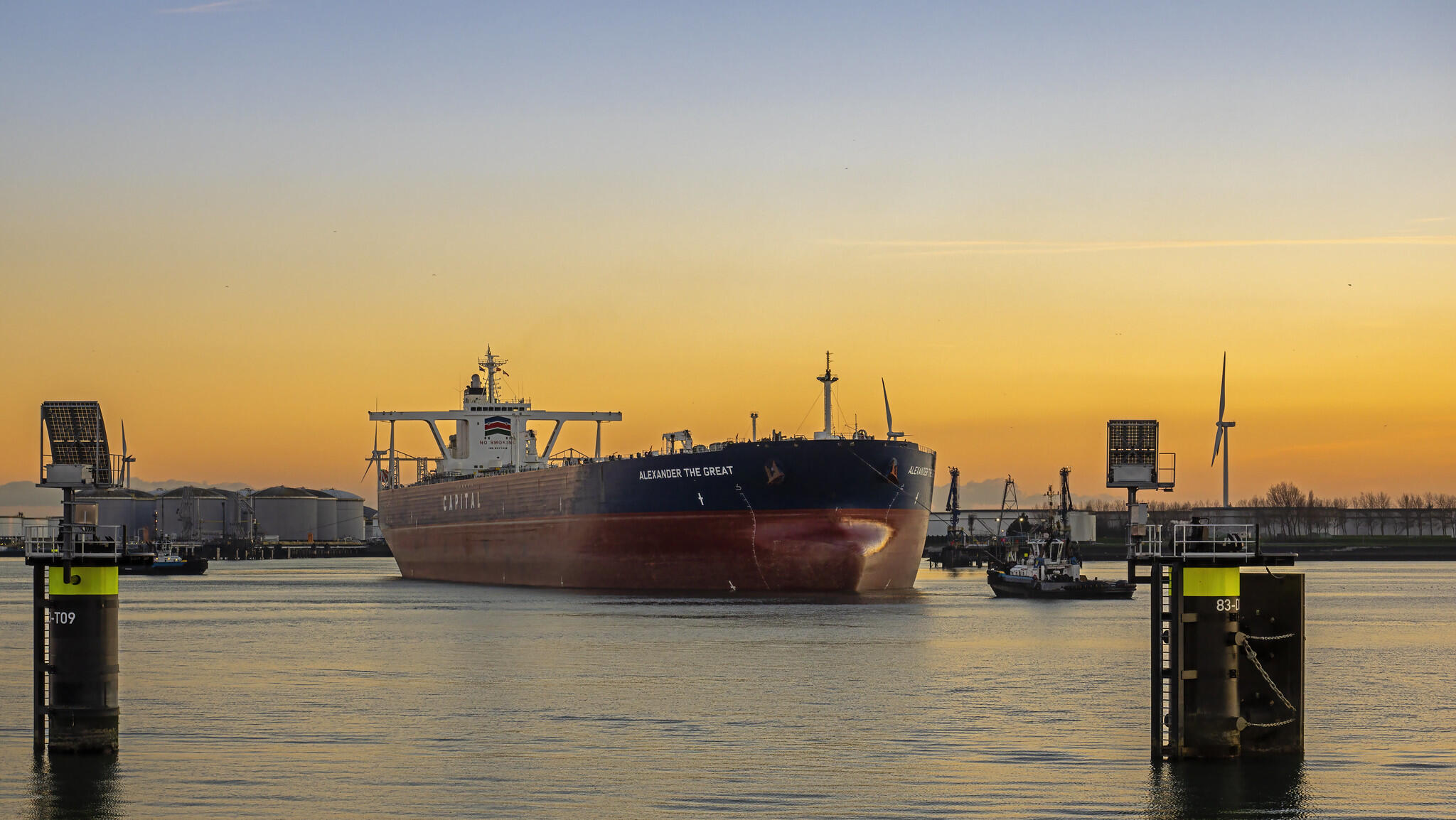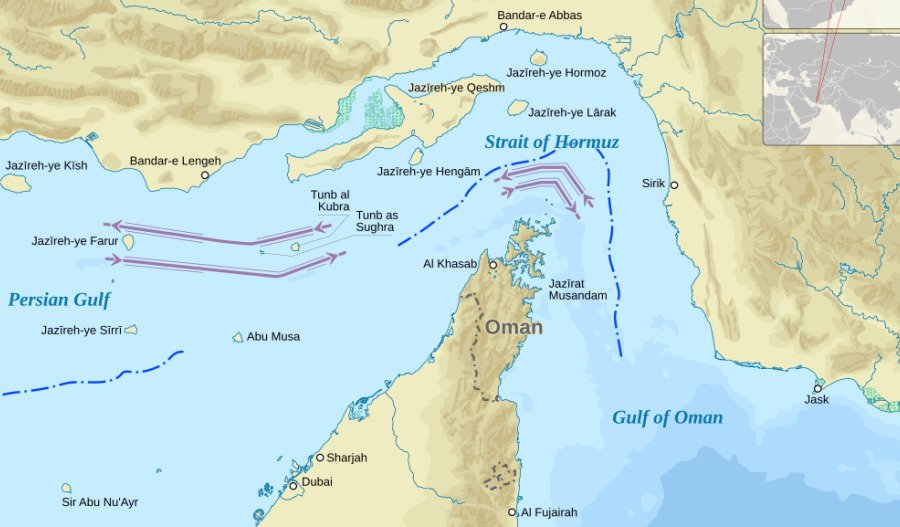Oil prices surged to fresh five-month highs during Asian trade on Monday following United States airstrikes on Iran’s nuclear facilities over the weekend, an escalation that has intensified fears of supply disruptions from the Middle East.
By 2:55 pm AEST (4:55 am GMT), Brent crude was up $1.28 or 1.7% at $78.29 per barrel, while West Texas Intermediate (WTI) gained $1.26 or 1.7% to $75.10.
Earlier in the session, both contracts spiked more than 3% apiece, before trimming gains.
The jump came after President Donald Trump said he had "obliterated" Iran's main nuclear sites, confirming U.S. involvement in Israel’s military campaign against Tehran.
Iran, the third-largest oil producer in OPEC, has vowed retaliation, further fuelling supply concerns.
Traders now fear that Iran could retaliate by closing the Strait of Hormuz, a key chokepoint for about 20% of global crude flows, with Iran’s parliament reportedly approved a measure to close the strait.
“With the U.S. becoming involved, the risk of Iran retaliating by disrupting the flows of oil from the Middle East has risen significantly,” said ANZ analysts. “This could be via attacks on U.S. facilities across the region or disruption of oil & gas flows through the Strait of Hormuz.
"Yemen’s Houthi rebel group has also issued fresh threats against American ships in the Red Sea. Non-military action by the U.S., including stricter sanctions on Iran’s oil exports could also ensue. Prices in the USD90–95/bbl range would be the likely outcome.”
Alternative export routes exist, but analysts warn they cannot fully replace volumes moved through Hormuz. As tensions mount, shippers may begin avoiding the region altogether.
Since the conflict began on June 13, Brent has gained around 13%, while WTI is up 10%.
Governments have begun calling for restraint. Japan urged de-escalation, while a South Korean vice industry minister voiced concern over the possible impact on trade and energy security.



